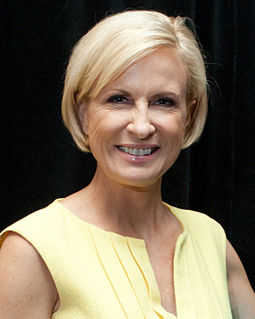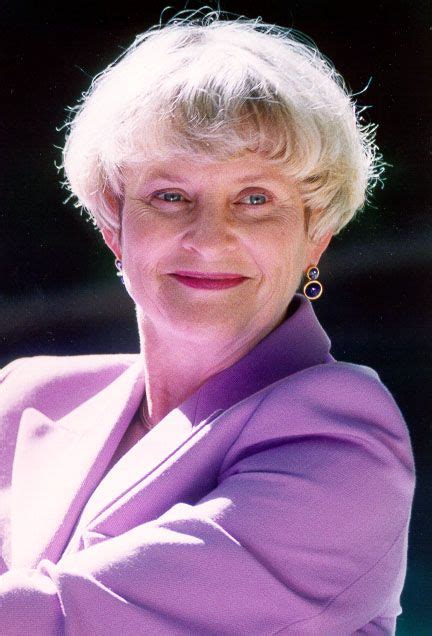A Quote by Warren Farrell
We have been suckered into believing that, because there are more men at the top than women at the top, that this is a result of discrimination against women. That's been the misconception. It's all about trade-offs. You earn more money, you usually sacrifice something at home.
Related Quotes
Here's the pay paradox that Why Men Earn More explains: Men earn more money, therefore men have more power; and men earn more money, therefore men have less power (earning more money as an obligation, not an option). The opposite is true for women: Women earn less money, therefore women have less power; and women earn less money, therefore women have more power (the option to raise children, or to not take a hazardous job).
The money men make from their willingness to work the least desirable hours is not a sign of discrimination against women, but a sign of the willingness of mostly married men to lose sleep to support the family as their wife loses sleep to feed the child. A willingness to do the uncomfortable shifts is one reason married men earn more than twice what never-married men earn. Men's contribution, made at night, need not be lost in the dark.
We have an almost desperate need for more women to run for office and for more women to really gut it out after they have kids and stay in their jobs and get to high positions in companies. We need women at the top more than ever. We need women's voices there because they are very different than men's voices and they bring a very valuable and necessary point of view to the table.
Men create their own gods and thus have some slight understanding that they are self-fabricated. Women are much more susceptible, because they are completely oppressed by men; they take men at their word and believe in the gods that men have made up. The situation of women, their culture, makes them kneel more often before the gods that have been created by men than men themselves do, who know what they've done. To this extent, women will be more fanatical, whether it is for fascism or for totalitarianism.
Women do not enter a profession in significant numbers until it is physically safe. So until we care enough about men's safety to turn the death professions into safe professions, we in effect discriminate against women. But when we overprotect women and only women it also leads to discrimination against women. ...If [an employer works] for a large company for which quotas prevent discrimination, they find themselves increasingly hiring free-lancers rather than taking on a woman and therefore a possible sexual harassment lawsuit.
If you just look at the number of roles for women versus the number of roles for men in any given film, there are always far more roles for men. That's always been true. When I went to college, I went to Julliard. At that time - and I don't know if this is still true - they always selected fewer women than men for the program, because there were so few roles for women in plays. That was sort of acknowledgment for me of the fact that writers write more roles for men than they do for women.
We certainly noted that when given the opportunity, women handle money more efficiently. They have long term vision, they manage money more carefully. Men are more callous with money. Their first reflex is to blow it by getting drunk in a pub, or on prostitutes or gambling. Women, on the other hand, are endowed with a tremendous sense of self-sacrifice and try to get the best out of the money, for their children, but also for their husbands.
In those same 10 years, women are getting more and more of the graduate degrees, more and more of the undergraduate degrees, and it's translating into more women in entry-level jobs, even more women in lower-level management. But there's absolutely been no progress at the top. You can't explain away 10 years. Ten years of no progress is no progress.
































